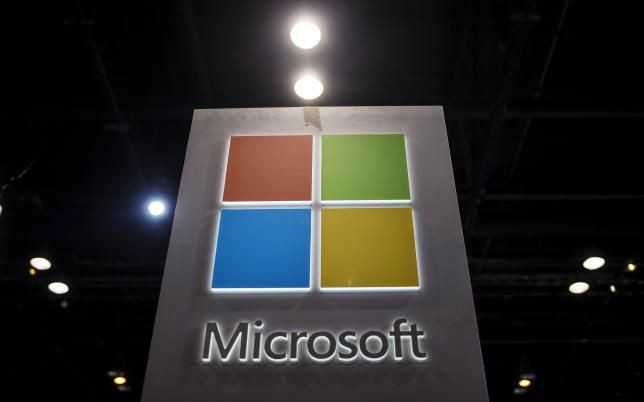Microsoft Sells Feature Phone Business To iPhone Maker Foxconn In $350M Deal As Nokia-Branded Phones Set To Return

Microsoft's future in the mobile phone business is now entirely dependent on its Lumia smartphone range after the software giant confirmed on Wednesday that it was selling the feature phone part of the business to a subsidiary of Foxconn and HMD Global, a Finnish company, in a deal worth $350 million — including the rights to use the Nokia brand on future feature phone devices.
The deal, which includes the acquisition of Microsoft's manufacturing facility in Hanoi, Vietnam, will see approximately 4,500 employees transfer to FIH Mobile, the Foxconn subsidiary or HMD Global, which is led by former Nokia executive Arto Nummela.
The deal involves all of Microsoft's feature phone assets, which were purchased from Nokia as part of a $7.1 billion deal that is now seen as a major mistake. Those assets include brands, software and services, care network and other assets, customer contracts, and critical supply agreements.
In a related announcement, Nokia said on Wednesday that it had signed a 10 year exclusive agreement with HMD Global to allow them create Nokia-branded smartphones and tablets. The company will continue to market Nokia-branded feature phones — as a result of the deal with Microsoft — as well as a new range of Android-powered smartphones and tablets, for which Nokia Technologies will receive royalties.
The Microsoft deal is expected to close in the second half of 2016, the company said in a statement. Foxconn, also trading as Hon Hai Precision, is the world's largest electronics contract manufacturer and is headquartered in Taipei, Taiwan. It produces some of the world's most popular consumer electronics, including the iPhone and iPad, Xbox One, PlayStation 4 and Microsoft's Surface tablets.
Nokia was worth $300bn once. Now Microsoft sells on the featurephone unit - that same business, in effect - for $350m
— Benedict Evans (@BenedictEvans) May 18, 2016
Microsoft's statement reiterated its earlier promises not to ditch its mobile ambitions entirely — though it didn't go so far as to commit to developing new Lumia hardware. "Microsoft will continue to develop Windows 10 Mobile and support Lumia phones and phones from OEM partners like Acer, Alcatel, HP, Trinity and VAIO."
While Microsoft has struggled to get any traction in the smartphone market — it still holds less than a 3 percent share — sales of feature phones have been declining rapidly in recent years as the cost of entry-level smartphones has plummeted.
That said, only last year during the third quarter, Microsoft was earning more money from sales of its feature phones ($765 million) than it was from smartphone sales ($754 million), indicating why Foxconn would be interested in purchasing the business.
Foxconn recently finalized a deal to take over struggling Japanese tech giant Sharp in a $3.5 billion move that will give the Taiwanese company a significant advantage over competitors when trying to attract business from the likes of Apple and indeed Microsoft.
© Copyright IBTimes 2025. All rights reserved.




















